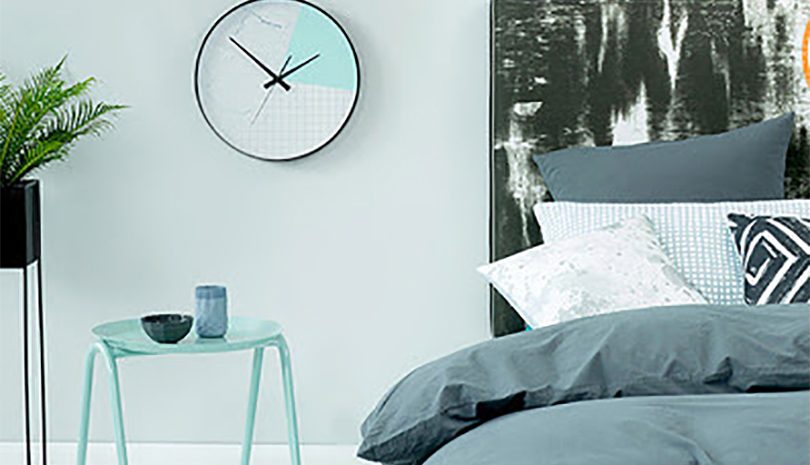CEO talks future of buying furniture online

Temple & Webster, the struggling online furniture and homewares retailer, is ready to grow again. After losing $44 million last financial year, Temple & Webster has made cost-cutting a priority, closing two warehouses, folding the Zizo brand into its main product range and reducing marketing spend.
But the time for belt-tightening is over, according to Mark Coulter, the Temple & Webster co-founder who was named CEO last week.
“Most of those cost-cutting exercises have been done,” he told Internet Retailing. And while the CEO acknowledged that there will always be opportunities to become more efficient, he said cost-cutting alone would not help the business grow.
“It’s really about focusing on revenue growth. The marketing team is getting good results. Our active customers are growing and they’re spending more,” he said.
Coulter is now concentrating on expanding the customer base as part of his plan to future-proof the business. A new trade and commercial program is being developed to serve corporate customers with the existing Temple & Webster and Milan Direct catalogues.
“We see this as a natural extension,” he said, rather than a radical change. “We’ll be a much smaller player [in the corporate space]. Our main game is the consumer market, it’s a massive market and that’s our main game. But you do need to make sure you’re experimenting with second and third horizons along the way. We’re trying to provide that next set of customers.”
Coulter emphasised the importance of growing this part of the business organically. “We’ve been approached by a few bigger corporates to do jobs for them, and so far, so good.” Similarly, he said the company will be rolling out a styling service, which up to now has been offered in an informal way from customer service staff who have a background in design.
Bricks and mortars will continue to be part of the Temple & Webster proposition going forward, with a Temple & Webster store, along the lines of the Milan Direct showroom in Melbourne, being considered.
“It’s about how you serve customers where they want and how they want. That may mean rethinking offline, not necessarily having big showrooms and lots of stock on the floor, but thinking about it more cleverly,” Coulter said.
At heart, however, Temple & Webster is an online business and is looking to implement new technologies to stay at the forefront of the online furniture market. “Over the next three to five years, people will have two lenses on their phones and have the depth perception to be able to visualise a couch or side table in their homes. It’s a new field,” he said about the possibilities of augmented reality.
A mobile app also offers ways for the retailer to improve the online customer experience. “Searching for homewares online is quite difficult,” Coulter said. Searching for a “green cushion,” for instance, is likely to return a number of irrelevant results, compared to what the customer has in mind. With a mobile app, customers could take a photo of an item they like and request to see similar products in the catalogue, the Temple & Webster CEO said.
Temple & Webster launched a mobile website in April of this year, and is now looking to develop a mobile app in 2017.
Comment Manually
You must be logged in to post a comment.

No comments